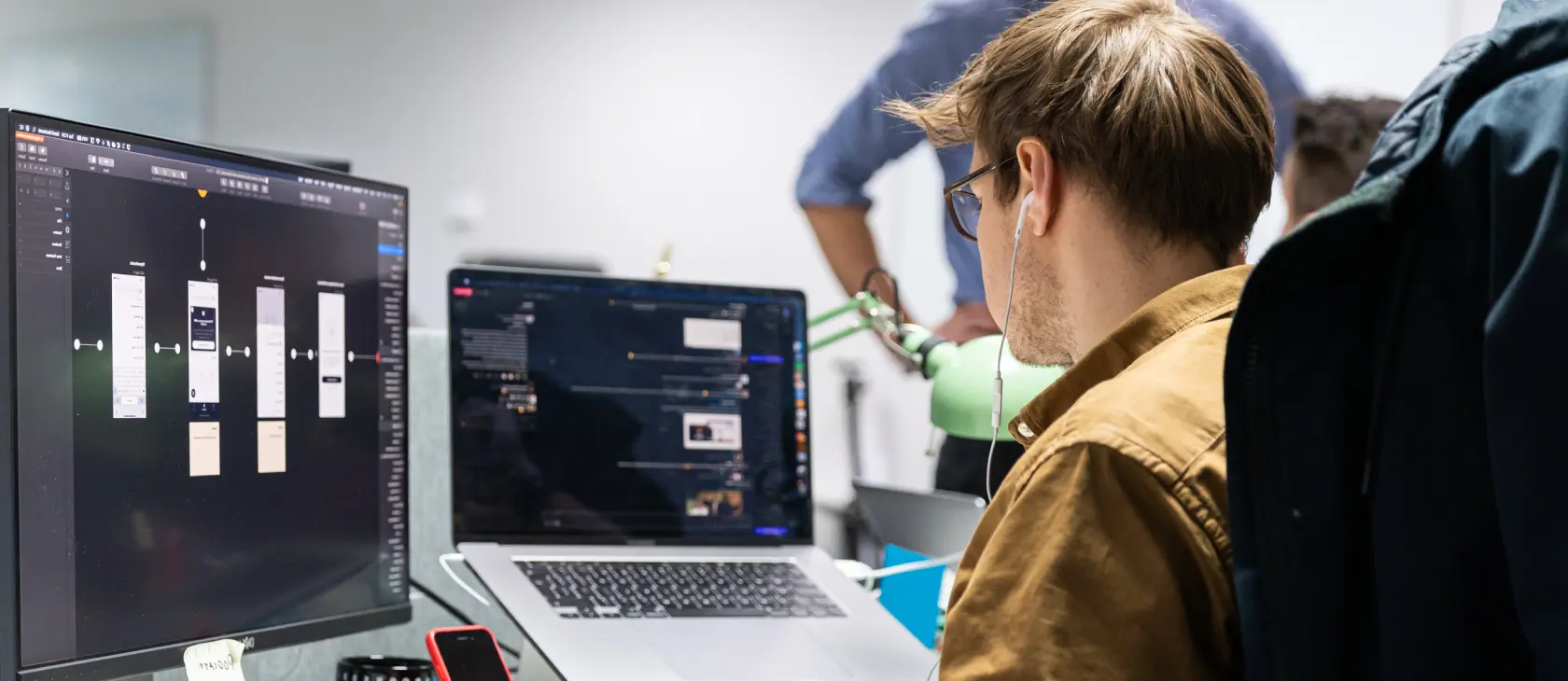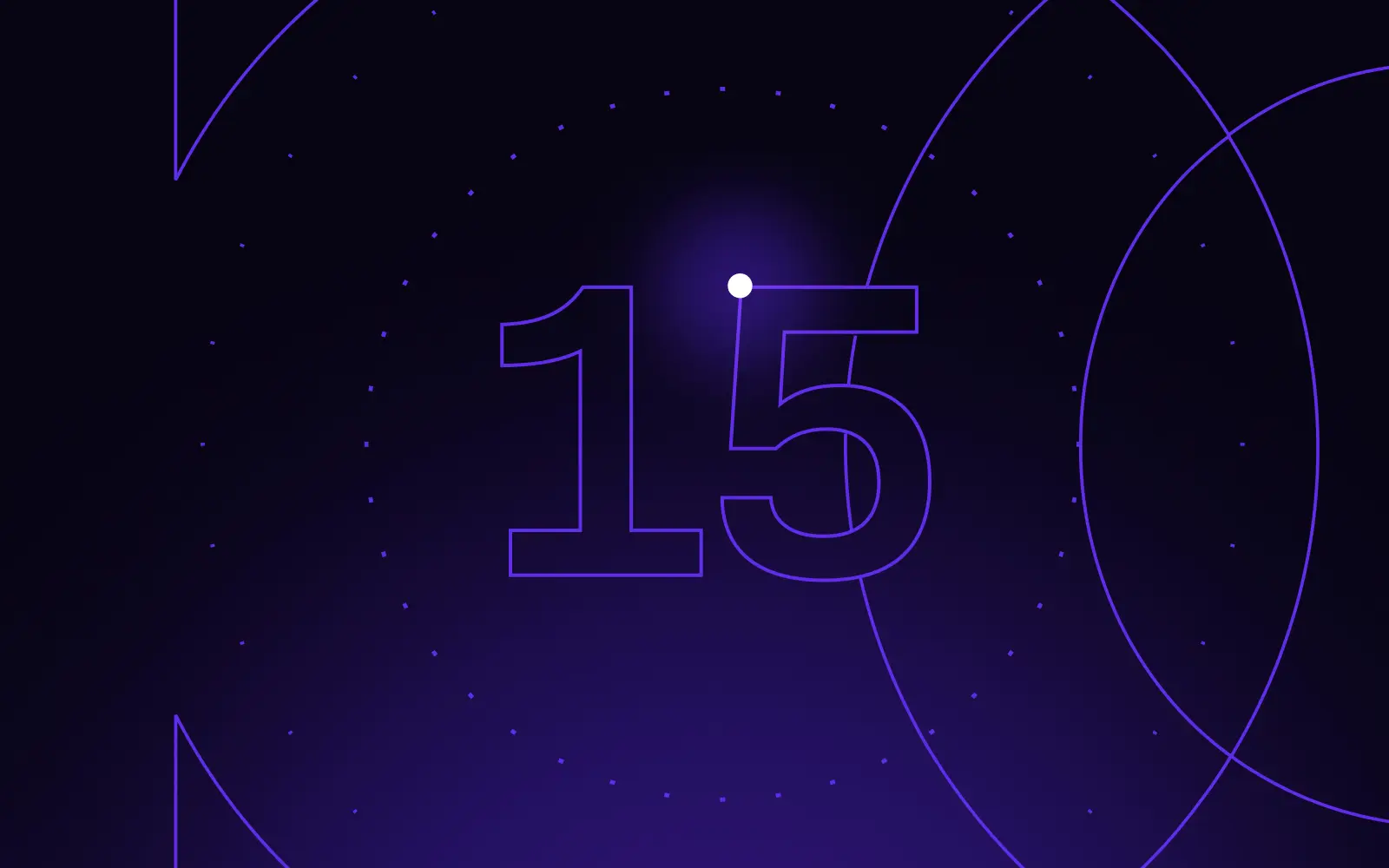
Here at 10Clouds we have our team of full time staff, but we also work with a range of contractors on specific projects. This is why we wanted to dedicate some space to talking about how we onboard freelance staff and make sure that they’re welcomed into our team and raring to go! We sought advice from our senior developers, Patryk and Kamil, who have been conducting a lot of recruitment lately.
When should you prepare your CV?
Recruitment for contract positions differs than that for permanent roles. The main difference is speed - there are usually fewer steps and they can all take place in just a matter of days. This is why it’s best to have your CV ready when you see a role you find interesting - if you take a week to prepare it, the position will be long gone.
Best practice is to keep a more general version of your CV ready, one that you update regularly, and then take a couple of minutes to adjust it for the specific job ad you want to apply for. You will find more tips below on how to make your CV look relevant for the specific role.

Make your CV as relevant as possible in 3 simple steps
As we all know, every recruitment process starts with a job ad. Depending on the attractiveness of the role, it should lead to a considerable amount of CVs coming through for us, the recruiters. At this stage, the top tips that we could give you is to make your CV as relevant and as tailored as possible to the job ad. If the advert is for a React Native Developer with a minimum 4 years experience, and you are skilled in a range of languages (including React Native), be sure that the recruiter can immediately see that you have what they are looking for. If it’s not apparent straight away, put it in the CV summary at the top. If you’ve worked on similar projects to the one being advertised, make sure that you include those too, and structure your experience clearly.
Patryk says: “When we are looking for a person for a project, we know the project stack, and we broadly know what needs to be done. So theoretically, CV sifting should be very simple. But often it turns out that this is not the case and that 75% of CVs are immediately rejected. This is not because a person doesn’t have experience, it’s just that it’s not obvious.”
Patryk’s top piece of advice is to tailor the CV to the application. When including your experience, make sure you cover:
First: the details of the project
In a couple of sentences, describe the scope of the project and the business problem it was supposed to solve. You can also briefly mention what team you worked in.
Kamil adds: “I would add that it’s always great to see information about the whole project team. Was it a project that involved just you, or a team of five? Because we’re often looking for additions to our existing teams, so we also have to culturally match this person.”

Second: the tech stack of the project
You should of course mention the stack of the entire project, but make sure the recruiter understands exactly what in particular the tech stack of the area for which you were responsible. This information has to be easy to find in your resume.
Patryk says: “Often I come across CVs that are very chaotic and as a recruiter, it’s difficult to pick out the skills that you’re looking for. “
Third: the role you played in the project
The recruiter needs to quickly understand exactly which outcomes you were personally responsible for - they won’t be able to hire you based on what your team members did. Go beyond the job title - on some projects a Lead Developer is simply a senior programmer, on others, they act as the Tech Lead and if you don’t communicate the extent of your responsibilities clearly, the recruiter won’t fully understand your skill set.
Prepare for the next steps
As mentioned before, recruitment processes can be very quick when you apply for a contract position. Which is why you need to make sure to make yourself available for the next steps of the process.
It’s not uncommon for the recruiter to call rather than email you, as it speeds up communication. Make sure you always have your phone handy and that you’re free to pick it up.
Finally, block some time in your calendar for the interviews and prepare your questions. You can use the call with the recruiter to ask about the formal aspects of working with the company, such as who will be your official employer or how quickly the invoices are paid. The interview with the client, on the other hand, is a great opportunity to find out more about the project itself.



